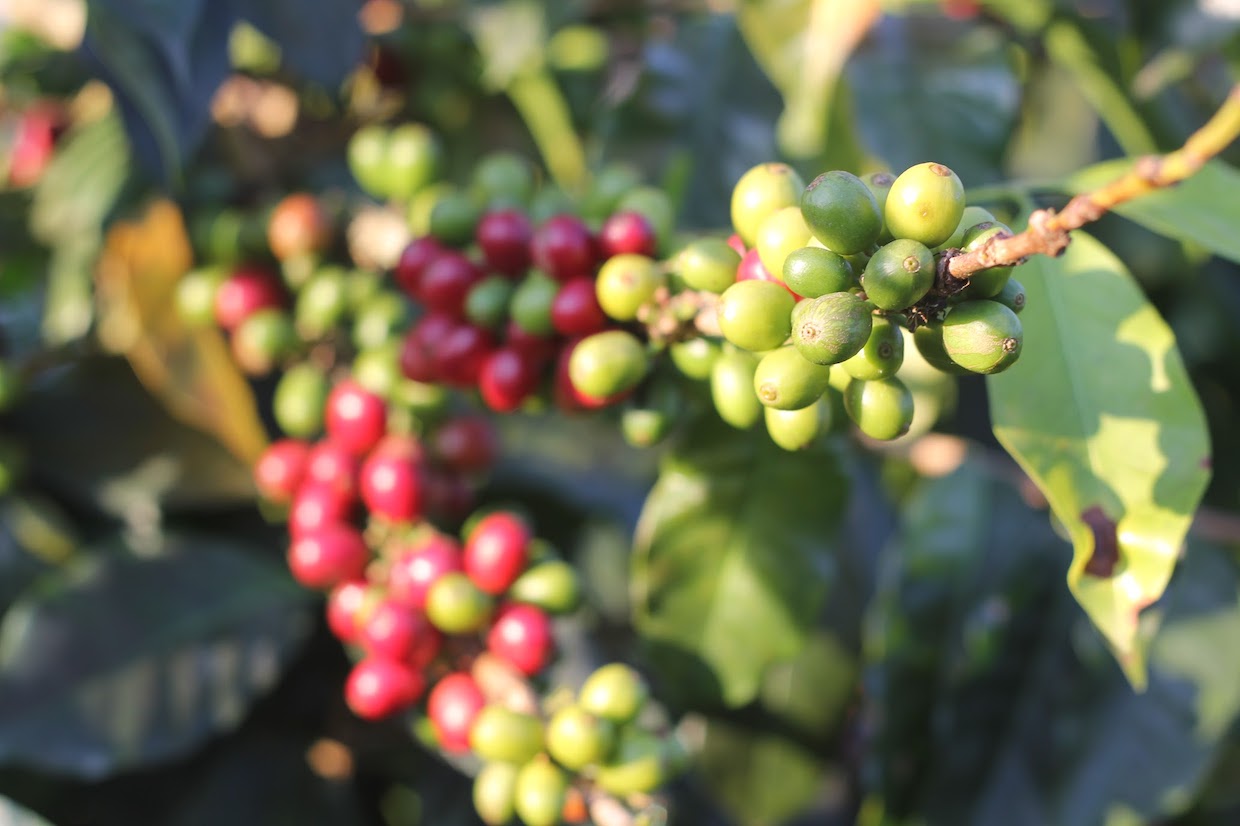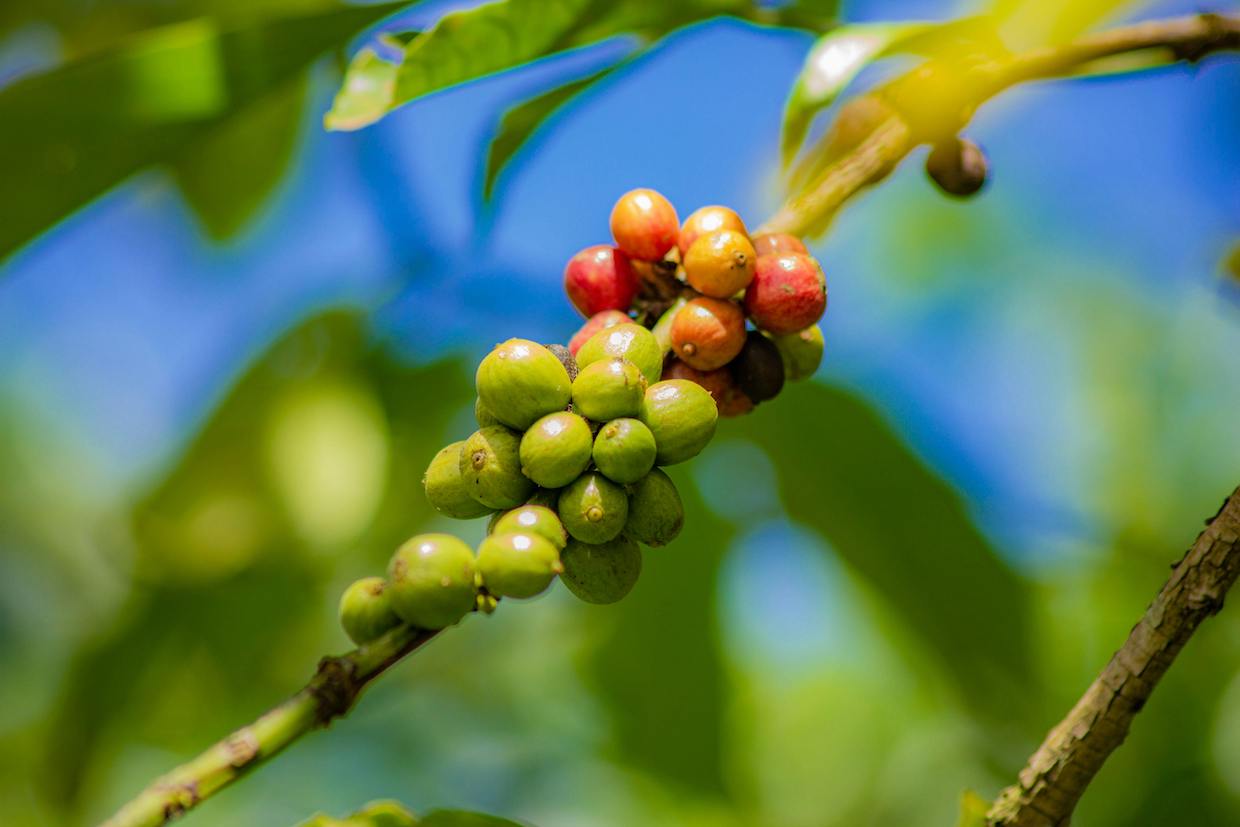A brand new report commissioned by Fairtrade Worldwide and co-funded by the European Union discovered that espresso producers are main producers in different agricultural sectors in planning for local weather change, although information stays scarce.
The research discovered typically constructive outcomes for espresso producer organizations with local weather change adaptation plans — known as CCAPs — in place. Advantages included improved soil well being and yields with much less fertilizer dependance, and higher resilience to drought and illness. Further advantages have been higher peer-to-peer studying amongst espresso farmers and producers, and elevated farm reinvestments.
The 5 main methods in place in current CCAPS amongst espresso farmers have been: planting resistant crop varieties; pruning and shade administration; enhancing soil well being; environment friendly water use and built-in pest administration.
“CCAPs are bringing about constructive adjustments,” the report’s authors wrote. “By creating better consciousness and data amongst farmers of local weather change impacts and adaptation choices, funding within the implementation of those measures has elevated each at [producer organization] and farmer degree. Some [producer organizations] report that espresso vegetation are extra resilient and higher yielding thanks to those measures. Higher information assortment and monitoring is required to have the ability to consider these adjustments as ‘impacts.’”
Nonetheless, on a extra regarding be aware, the research stated that current CCAPs don’t sufficiently tackle the sorts of “systemic” or “transformational” adjustments that local weather change might dictate in the long term. The authors stated CCAPs typically will “require extra radical adjustments each to manufacturing programs and the establishments supporting them.”
Research have proven that local weather change is at present affecting espresso manufacturing, whereas promising to dramatically reshape the worldwide map of the place espresso will be grown. The brand new Fairtrade report additionally comes towards the backdrop of the European Union deforestation-free provide chains regulation (EUDR), which is anticipated to come into drive subsequent yr after a one-year delay.
Utilizing surveys that resulted in primarily anecdotal proof, the Fairtrade research additionally found a scarcity of high quality baseline information relating to agricultural CCAPs.
Moreover, it must be famous that solely a fraction of producer organizations throughout all acrigultural sectors replied. Of the 369 producer organizations inside Fairtrade’s community, 37 offered survey replies. A complete of six CCAPs from espresso producers — three in Latin America and three in Africa — have been analyzed within the research.
“The sustainability of the CCAPs over the long run would require steady coaching, exterior professional steering to guide participatory processes, in addition to entry to monetary assets, particularly so [producer organizations] and farmers can put money into extra technological and infrastructure-related adaptation measures, in addition to for ample information assortment and monitoring practices,” the authors wrote.
Discover the full Fairtrade report and related paperwork right here.
Feedback? Questions? Information to share? Contact DCN’s editors right here.








